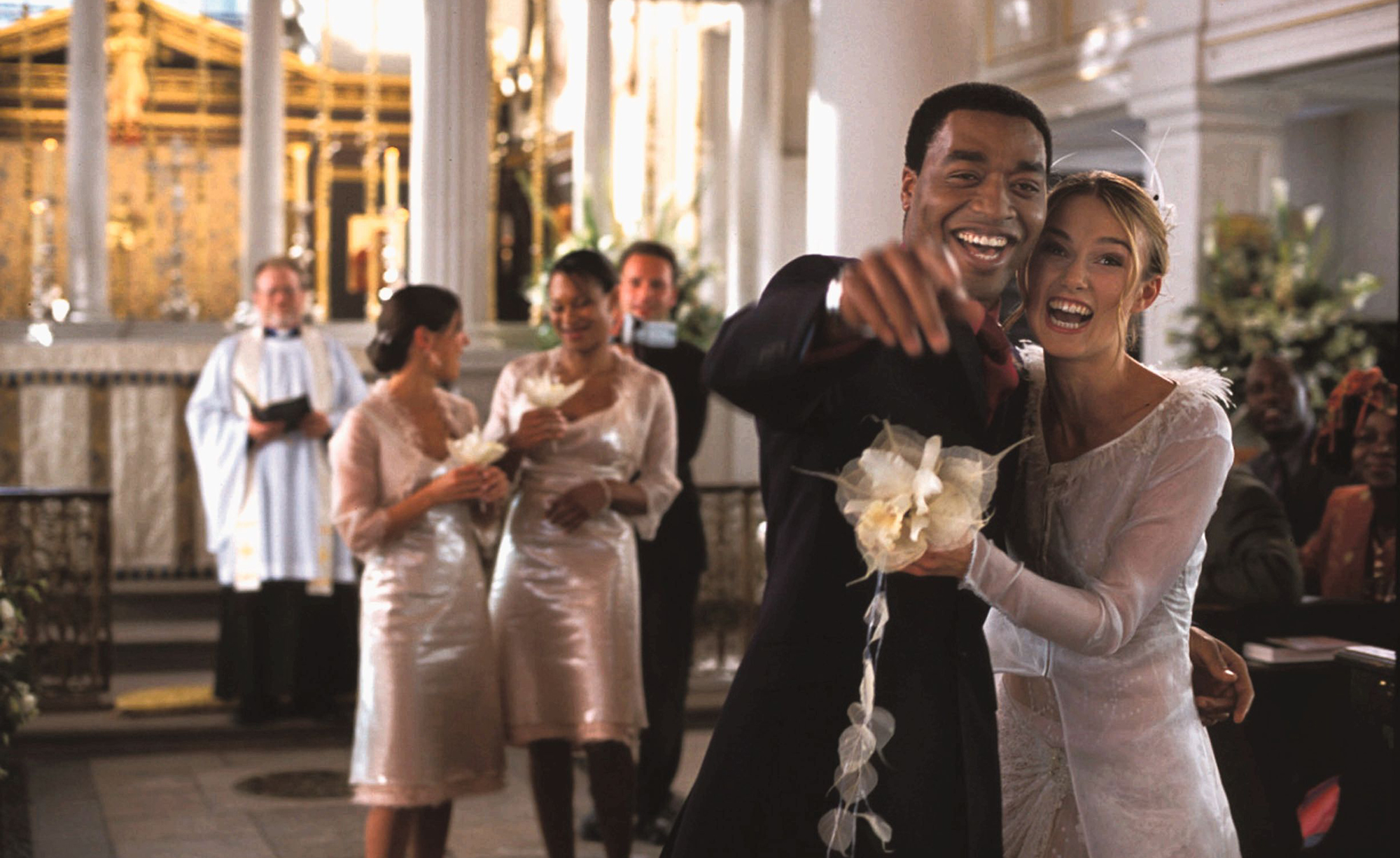Why we say things like 'getting hitched' and 'falling head over heels' about love
These are the origins of all those love idioms


These are the origins of all those love idioms
If you've ever wondered the origins of those everyday expressions you use, we've got the answer for you.
Hitched.co.uk have helpfully revealed the origins of all these idioms and they're pretty damn interesting. I mean, why do we say 'tie the knot' about getting married?
Love idioms
Getting hitched
This phrase originated in America in the late 1500s-early 1600s to describe tying horses to wagons so it basically it's a metaphor for two people being tied together.
Falling head over heels in love
'Heels over head' used to refer to someone who experienced a bad fall and somewhere in the late 1700s, 'head over heels' came into being and was associated with that feeling of falling in love (which FYI is an idiom in itself.)
Falling in love
Falling is unexpected and unplanned so the phrase likens meeting someone (and starting to love them) in the same way.
Apple of my eye
This expression first appeared in Old English in 885 AD in written works by King Alfred of Wessex to refer to [quite literally] the central pupil of the eye. Then, in 1600 Shakespeare used this phrase in his acclaimed play A Midsummer Night’s Dream, and it also appeared in English translations of the Bible in 1611. Then, by 1816, Sir Walter Scott used it in his novel Old Mortality.
Celebrity news, beauty, fashion advice, and fascinating features, delivered straight to your inbox!
Match made in heaven
This one doesn't have an exact origin, apparently, but is believed to have come out of a belief that love comes from a divine force like fate.
Ask for (someone’s) hand in marriage
A suitor used to ask for a bride’s hand in marriage knowing that he would receive a large sum of money or a dowry of land along with his wife. So, as it used to be a sort of transaction, it was like shaking someone's hand over a deal. (Terribly sexist, we know - we're talking historically here.)
Tie the knot
This phrase comes from a culturally rich handfasting unity ritual that dates back to the ancient Mayans, the Hindu Vedic community and the Celts in Scotland. What is handfasting you ask? It's the act of tying a couple's hands together, with rope or ribbon, to represent their union.
